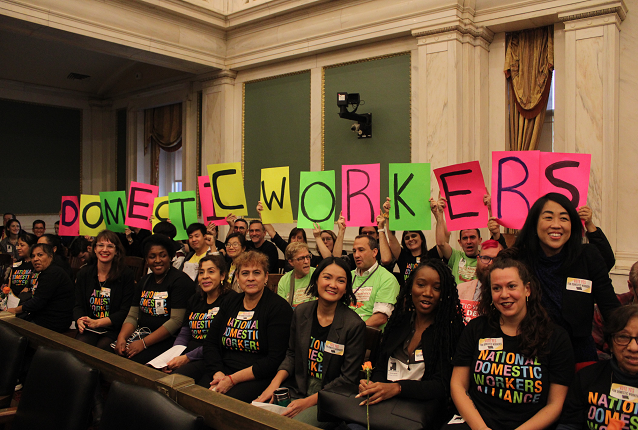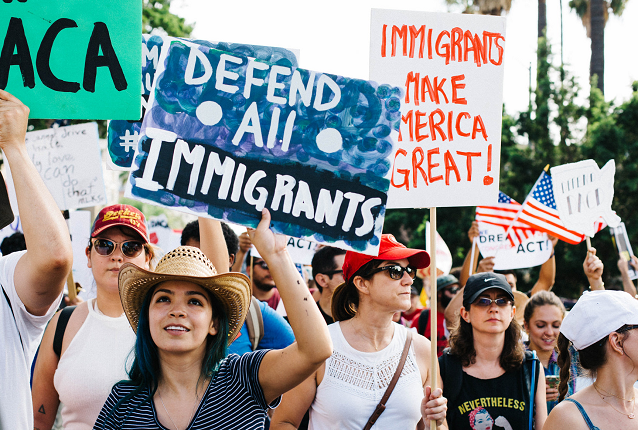Multiculturalism is in high demand. The buying power of minorities continues to grow at an exponential rate. Corporations frequently boast of their workplace diversity and inclusion efforts. While companies jockey to attract people of color as employees and customers, they consistently fall short in implementing these practices in all areas of their business.
Nissan is one brand that appeals and markets heavily to minority populations but treats the ones who work for them poorly. The company was the number-one seller of cars among Black people in 2014. Nissan brags about the Altima earning recognition as the top-selling vehicle among African-American consumers. The automaker even hired a minority-focused ad agency to entice middle-class Blacks as potential buyers with a major ad campaign, titled “The Black Experience.”
But what is the Black Experience like for the people who work for Nissan and who assemble the Altima? The auto manufacturer fails its African-American workforce, refusing them a seat at the table to voice their concerns and gain a better workplace. Nissan negotiates with unions of working people in its plants around the globe, except in Mississippi and Tennessee — factories with predominantly Black employees. Approximately 80 percent of working people in the Canton, Mississippi plant are Black. These employees have accused Nissan of disrespectful and abusive treatment as they tried to come together to improve safety and conditions at their workplace.
In addition to trying to prevent Black employees from having a say over their jobs, Nissan brazenly advertises with Breitbart – the media company notorious for peddling white nationalist ideals and promoting candidates and officials who support policies that suppress the Black vote. In the last year, dozens of corporations have severed ties with the racist website. The automaker has yet to respond to a Color of Change petition signed by more than 10,000 Americans calling on them to stop financing the media group’s racist propaganda.
Uber is another company that promotes its services to people of color, but take a look under their ‘hood’, and it won’t take too long to find the popular ride-sharing company is lacking. Uber continually is under fire for scandals surrounding its controversial corporate culture, business, and labor practices. Yet the corporation has earned more of a halo effect for its track record in building a diverse workforce. A diversity report released this March revealed that the company leads the tech industry in hiring people of color.
Although Black people make up 8.8 percent of Uber’s 12,000 person corporate workforce, its Black consumers remain dissatisfied. Economists conducted a study of discrimination against users of ride-sharing apps and found “significant evidence of racial discrimination.” According to their findings, Uber’s consumers experienced the worst discrimination. ‘Black-sounding names’ resulted in a disproportionate amount of riders of color facing racial bias. Black Uber riders report experiencing more canceled rides, as well as extended wait times that other riders don’t have to endure. Black male Uber passengers faced canceled rates three times more than those of white male passengers.
Uber and Nissan woo communities of color to sell or endorse their products and services. Unfortunately, it seems the color they value most is that of money. As Maurice BP-Weeks, co-founder of The Action Center on Race & the Economy (ACRE), argues: “The way these companies operate is built on the extraction of wealth from people of color. It is not an afterthought, it is actually core to their business model.” We need to hold corporations accountable for their mistreatment of the very same minorities that they hope will buy their products and use their services. If these companies can respect our purchasing power, they should first respect the people of color who work so hard to keep them in business.







